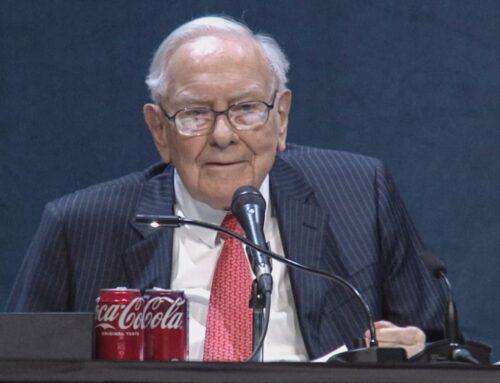Environmentalist warns against Mosaic’s radioactive waste road project
April 19, 2025
MULBERRY, Fla. — A pilot road project years in the making using slightly radioactive waste material is underway in Polk County.
The material, phosphogypsum, is a byproduct of phosphate mining that the Environmental Protection Agency (EPA) says could cause cancer. Mining giant Mosaic requested to use phosphogypsum to build a test road at its Mulberry site on March 31, 2022. The EPA reviewed the plan, gave notice of pending approval on Oct. 9 of last year and took public comments for 45 days, then gave Mosaic the green light on Dec. 23.
Glenn Compton, director of Manasota-88, one of the oldest environmental groups in the state, says mining companies have spent years looking for ways to get rid of phosphogypsum. The latest approach, he says, is what’s outlined in Mosaic’s plan — mixing the waste material into the road base and laying asphalt on top.
“So instead of putting it into stacks, where we know where the phosphogypsum waste is, they want to spread it around the state of Florida with little to no over-site,” he said.
Compton says this will lead to a widespread distribution of a hazardous waste, which could harm the environment and those who have to work with it.
“Anyone who works with it will have an increase exposure to radon and radiation,” he said. “It has high levels of sulfur, it has metals that are very toxic to the environment and if these roads do deteriorate, we can expect that you are going to have pollution of groundwater and surface water in the area where these roads are constructed.”
Mosaic said the 3,200-foot road will be built entirely within its New Wales facility, several miles from any public access. There will be multiple sections that use different construction materials and areas to serve as a control sample. The trial will last for 18 months, with each section evaluated for performance and effects on the environment.
In a statement, a spokesperson for Mosaic said quote:
“Trust the science. A host of regulators are involved throughout the process. Federal regulations require the EPA to perform a rigorous scientific risk analysis when evaluating a request to use phosphogypsum beneficially. The impacts to human health and the environment are the primary focus of that analysis.
At the end of the day, we welcome robust testing. We want people to know this is a safe and worthwhile resource, not a waste, and we are decades behind others who long ago realized just that.
We believe there is great value in the principles of a circular economy, whereby materials formerly viewed as wastes can be used or recycled beneficially. PG has value in the right circumstances, and we expect the results of the road trial to reflect that.”
The EPA stands by its decision, saying “the risk posed by this project to the public and workers is extremely low.” However, Compton says the decision is a reflection of the agency’s inability to regulate.
“And they are more in tune with what the company wants to do which is get rid of the waste in a cost effective, cheapest manner that they can and have it so that they will have less responsibility to manage it in the future,” he said.
Like many environmentalists, Compton is urging policymakers to put a stop to Mosaic’s project. If they don’t, he says, the impacts of phosphogypsum could last for generations.
Another environmental group, the Center for Biological Diversity, has already filed a lawsuit against the Environmental Protection Agency for approving this plan.
Search
RECENT PRESS RELEASES
Related Post



